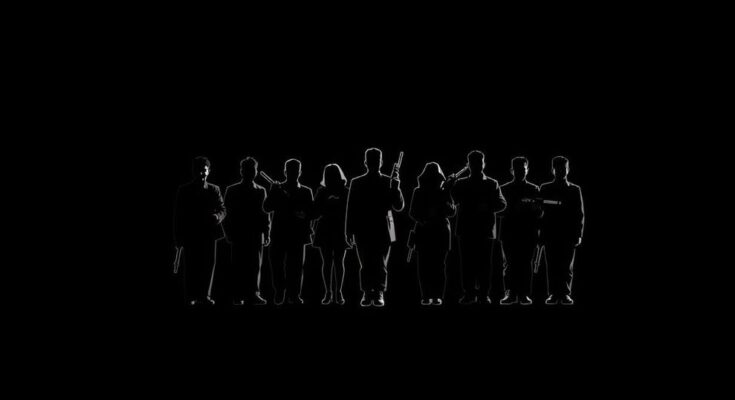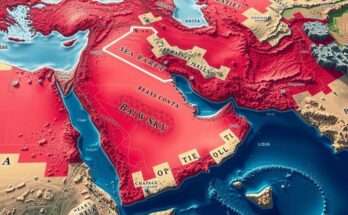An international panel has determined that Indonesia’s actions during the 1965 anti-communist purges constitute crimes against humanity, with an estimated 400,000 to 500,000 deaths. The United States, United Kingdom, and Australia were found complicit. The Indonesian government has rejected the tribunal’s recommendations for an apology and compensation for victims.
An international tribunal has deemed Indonesia guilty of crimes against humanity related to the mass killings during the anti-communist purges of 1965. The panel, which includes judges from various nations, concluded that an estimated 400,000 to 500,000 individuals—mostly affiliated with the communist party—were executed by military death squads following a failed coup. This investigation, led by Chief Judge Zak Yacoob, followed testimonies from over twenty witnesses during a four-day hearing held in The Hague. The tribunal’s findings revealed systematic patterns of cruelty, including torture, unjust imprisonments, forced labor tantamount to enslavement, and pervasive sexual violence. There were also instances of political persecution resulting in thousands of disappearances of those perceived as unsupportive of President Suharto’s regime, which began after the incidents in 1965. In response to the tribunal’s report, which called for an official apology from the Indonesian government and recommended compensation for the victims, Indonesian Coordinating Political, Legal and Security Affairs Minister Luhut Pandjaitan asserted that Indonesia would handle the matter independently, disregarding external recommendations. Moreover, the same report implicated the United States, United Kingdom, and Australia as being complicit, asserting that these nations were aware of the ongoing atrocities yet chose to support the Indonesian military. They also declined the invitation to participate in the tribunal. The 1965 purge stemmed from a coup attempt that led to the death of several military generals, which Major General Suharto attributed to communist insurgents, thus initiating a systematic campaign against perceived communist sympathizers. Suharto maintained his presidency until 1998, long after the initial bloodshed. In contrast, human rights organizations have estimated that the death toll may have been as high as one million, as many individuals targeted were not just communists but included ethnic Chinese and others with leftist ideologies.
The 1965 mass killings in Indonesia mark a significant and tragic chapter in the nation’s history, arising from a failed coup attempt that was blamed on communists, leading to a purge of suspected communists and opponents of the Suharto regime. In the wake of the coup, which resulted in the death of military generals, Major General Suharto seized power and commenced a violent crackdown that resulted in a staggering death toll. This period has been deemed a political and humanitarian catastrophe, marked by unlawful executions, widespread torture, and abuses that amount to crimes against humanity. The International People’s Tribunal on the 1965 Crimes Against Humanity was initiated as a means to address the lack of accountability and acknowledgment of these events within Indonesia, aiming to shed light on historical injustices that remain unresolved.
The findings of the international tribunal underscore the need for accountability for the atrocities committed during the 1965 purges in Indonesia. With a call for acknowledgment from the Indonesian government and the involvement of the international community highlighted, the report sheds light on past injustices that demand recognition and redress. The firm response from Indonesian officials illustrates the ongoing struggle between domestic governance and international human rights advocacy.
Original Source: www.cnn.com




